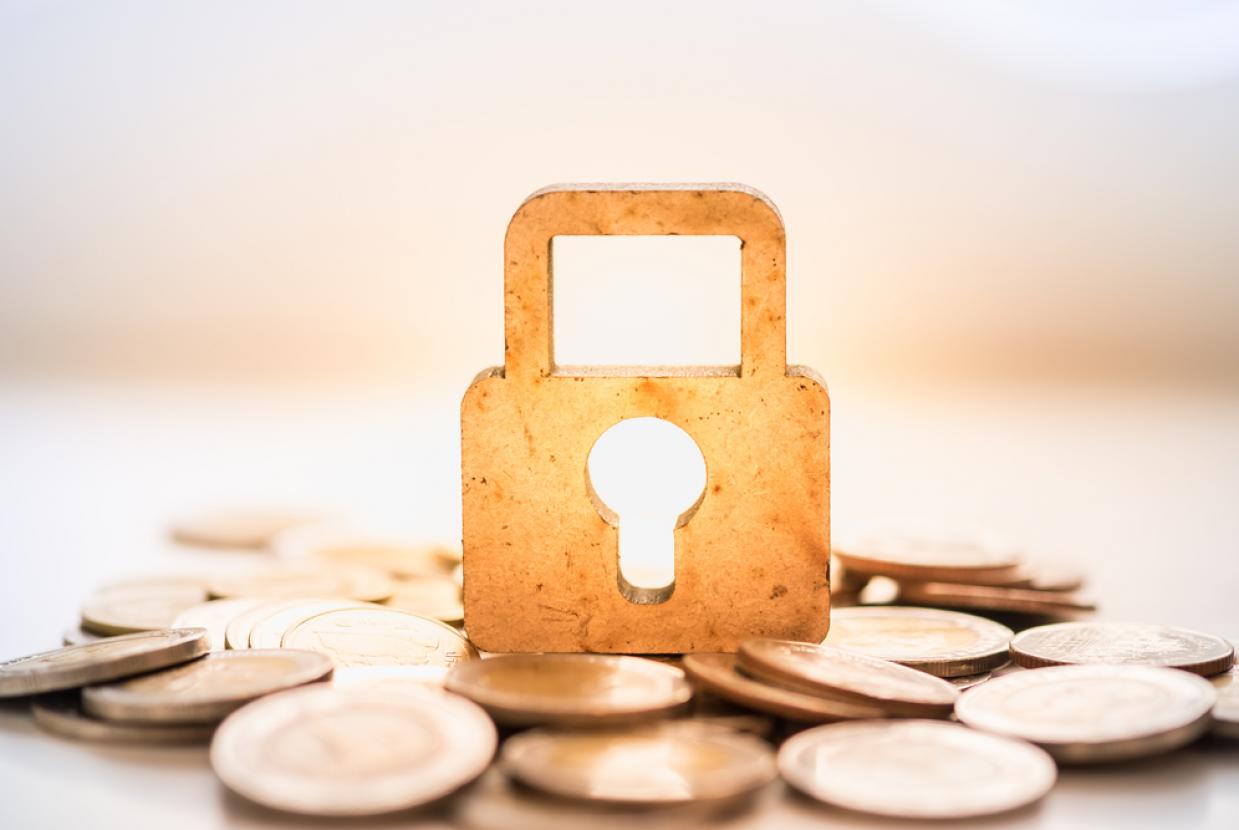How Safe Is My Pension?
Your pension is protected so your money usually stays safe – even if your pension provider or employer goes bust. Here’s what you need to know.
Pension providers must follow strict rules
All registered pension schemes in the UK are regulated, which means they must follow certain strict rules, systems and controls. This includes how to manage the investment of your money.
There are two main organisations responsible for setting these rules, and making sure pension providers follow them:
- The Pensions Regulator (TPR) – this regulates most workplace pensions (one set up by your employer).
- The Financial Conduct Authority (FCA) – this regulates pensions you set up yourself or one you have a contract with, such as a group personal pension.
Pension providers must provide regular updates on their performance, including how much money the scheme has.
The regulators also have the power to:
inspect pension providers
set penalties and fines if the operations and risk controls are not acceptable.
Your money is usually protected if your provider or employer fails
How your pension money is protected depends on the type of pension you have.
If you’re not sure, use our tool to find out your pension type.
Defined contribution pension protections
If you have a defined contribution pension at work and your employer goes out of business, your pension money is safe. This is because it’s not usually managed by your employer.
Your pension provider will continue to manage the money you’ve already paid in unless you choose to transfer it to a new provider.
If your pension provider goes out of business, you can usually get your money back from the Financial Services Compensation Scheme (FSCS).
This normally covers:
100% of your pension money or
up to £85,000 if you have a self-invested personal pension (SIPP), where you make the investment choices yourself.
You can check your pension’s protection using the FSCS tool.
You might also be able to claim FSCS compensation up to £85,000 if you lose money because one of the companies your money is invested with (an investment provider) goes bust.
Defined benefit pension protections
If your employer or defined benefit pension provider goes out of business, the Pension Protection Fund will step in to find a new provider or insurance company to take over.
If there’s not enough money in the scheme for someone else to run it, the Pension Protection Fund will pay you compensation payments instead. This will either be 90% or 100% of what your pension promised to pay.



